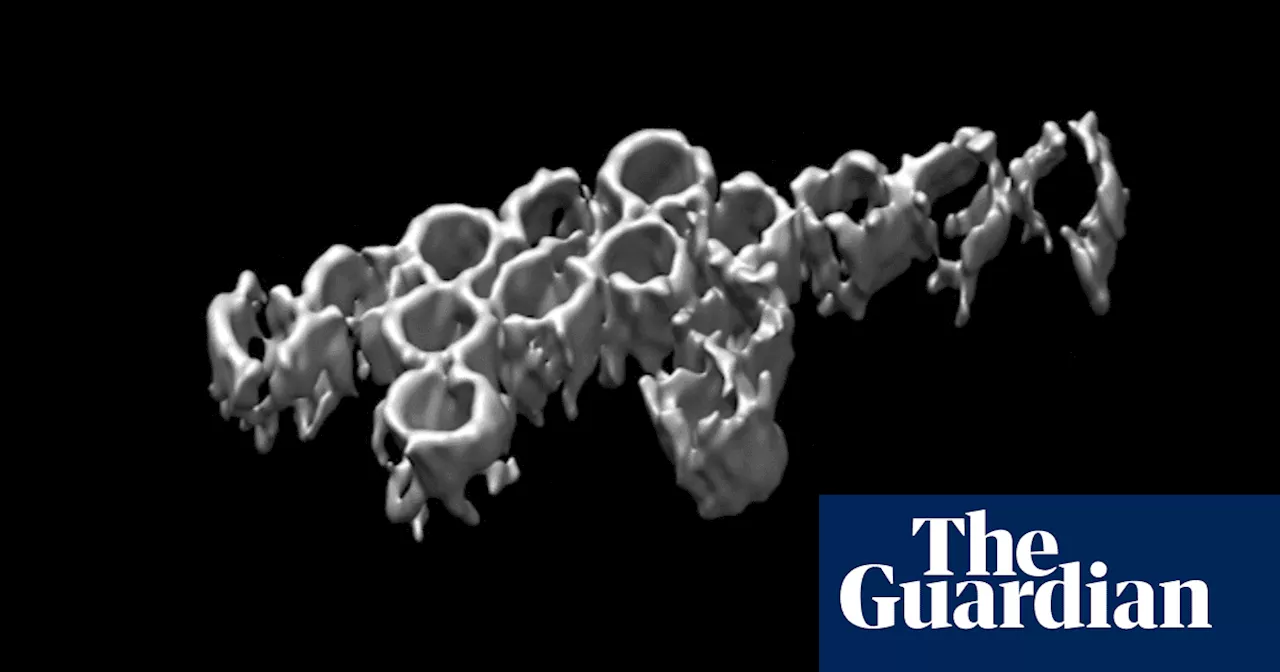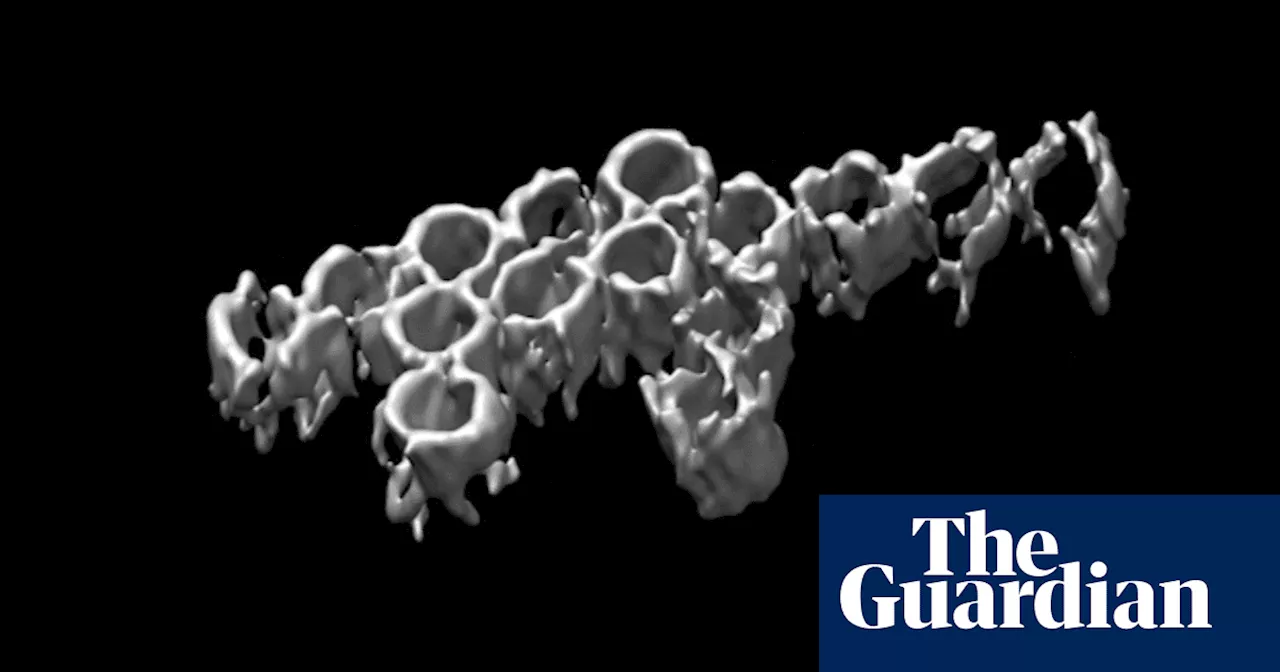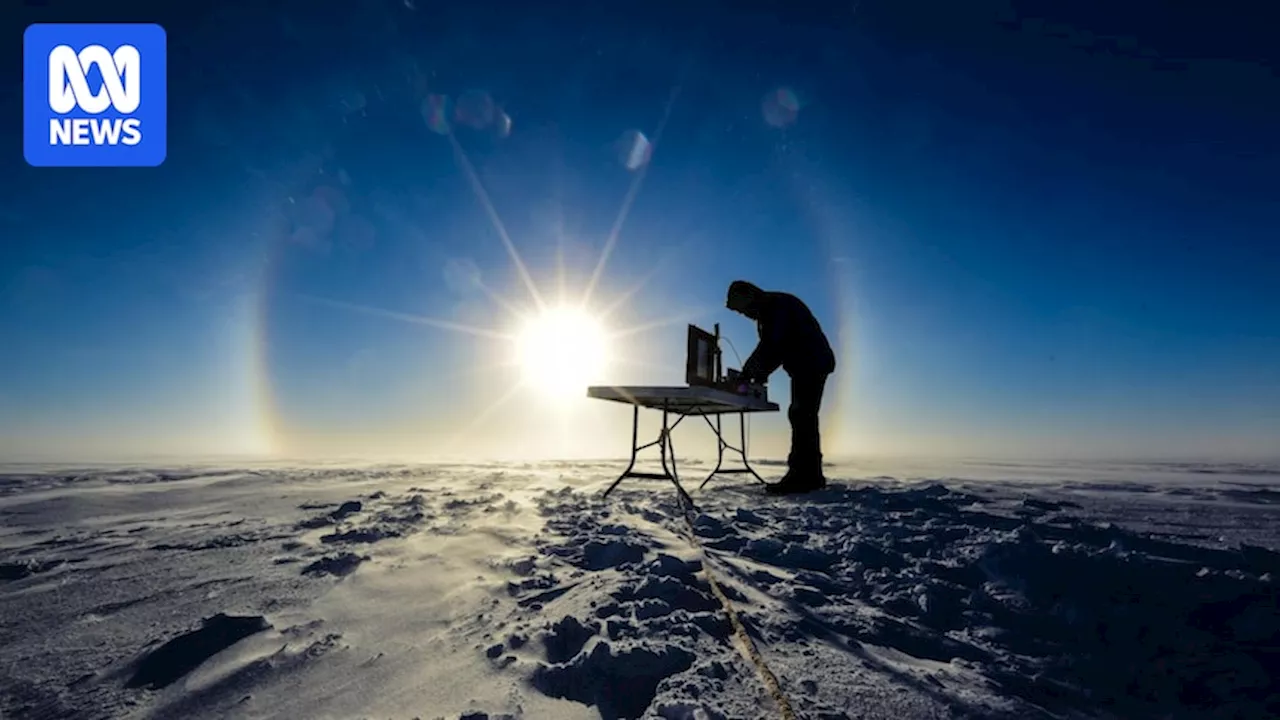There's growing concern about how people stop taking antidepressant medication, particularly if they have been on it for a long time. Researchers say the process needs to be slowed down.
Researchers say current guidelines result in people coming off antidepressants too quickly .Researchers are concerned that people are being told to come off antidepressants too quickly, which can lead to significant withdrawal effects.The guidelines are new in Australia, with one researcher saying the country is at least a decade behind the UK when it comes to antidepressant medical advice.
"The old teaching was that you can sort of halve the dose for over a week or two, then halve it again and then stop it," he said. Antidepressant "blockbusters" are prescribed to one in seven of us in Australia, among the highest rates in the world. Yet rates continue to rise. The evidence suggests they're over-prescribed. So how did we get here?
"I am also ensuring locally trained psychiatrists are aware of this subject, leading to better cooperation between specialists and generalist doctors," he said.Maudsley Deprescribing Guidelines lead author Mark Horowitz will help teach JCU students about the guidelines.
How Slowly Should I Come Off Antidepressants? Maudsley Deprescribing Guidelines Sam Manger Carlo Longhitano James Cook University Mark Horowitz Racgp Cathy Andronis People Coming Off Antidepressants Too Quickly Antidepressant Withdrawal
Australia Latest News, Australia Headlines
Similar News:You can also read news stories similar to this one that we have collected from other news sources.
 Australian Researchers Build Nano-Scale Objects with DNAAustralian researchers have used DNA to create building blocks for nano-scale objects, including intricate shapes like a dragon, a dinosaur, and a tiny map of Australia. These miniatures, thousands of times narrower than a human hair, demonstrate the potential for future nanobot technology.
Australian Researchers Build Nano-Scale Objects with DNAAustralian researchers have used DNA to create building blocks for nano-scale objects, including intricate shapes like a dragon, a dinosaur, and a tiny map of Australia. These miniatures, thousands of times narrower than a human hair, demonstrate the potential for future nanobot technology.
Read more »
 Australian Researchers Construct Nano-Scale Objects Using DNA Building BlocksAustralian scientists have developed a method to construct nano-scale objects using DNA as a modular material. The research, led by the University of Sydney Nano Institute, includes creating shapes like a rod, square, dragon, dinosaur, and even a map of Australia, all measuring less than a thousandth of a millimeter.
Australian Researchers Construct Nano-Scale Objects Using DNA Building BlocksAustralian scientists have developed a method to construct nano-scale objects using DNA as a modular material. The research, led by the University of Sydney Nano Institute, includes creating shapes like a rod, square, dragon, dinosaur, and even a map of Australia, all measuring less than a thousandth of a millimeter.
Read more »
 PTSD researchers say media reporting on shark and animal attacks must change to avoid victim blamingNews of dangerous animal encounters tend to travel very fast in Australia, but the sometimes 'racist' victim blaming that follows can compound the mental anguish of survivors.
PTSD researchers say media reporting on shark and animal attacks must change to avoid victim blamingNews of dangerous animal encounters tend to travel very fast in Australia, but the sometimes 'racist' victim blaming that follows can compound the mental anguish of survivors.
Read more »
 What researchers found when they interviewed 204 pokies players at a Sydney clubThe expert panel on cashless gaming is bound by confidentiality agreements not to discuss its recommendations. But a study released by one panel member gives an insight into its deliberations.
What researchers found when they interviewed 204 pokies players at a Sydney clubThe expert panel on cashless gaming is bound by confidentiality agreements not to discuss its recommendations. But a study released by one panel member gives an insight into its deliberations.
Read more »
 Antarctic researchers warn of possible 'catastrophic' sea level rise within our lifetime in group statementHundreds of polar researchers issue an emergency statement calling for urgent action to deal with the impacts of climate change in Antarctica.
Antarctic researchers warn of possible 'catastrophic' sea level rise within our lifetime in group statementHundreds of polar researchers issue an emergency statement calling for urgent action to deal with the impacts of climate change in Antarctica.
Read more »
 Researchers say discriminatory manikins may be why women are less likely to receive life-saving CPRResearchers believe a crucial feature lacking from most CPR manikins may be the reason women are less likely to receive lifesaving resuscitation from bystanders after suffering cardiac arrest.
Researchers say discriminatory manikins may be why women are less likely to receive life-saving CPRResearchers believe a crucial feature lacking from most CPR manikins may be the reason women are less likely to receive lifesaving resuscitation from bystanders after suffering cardiac arrest.
Read more »
